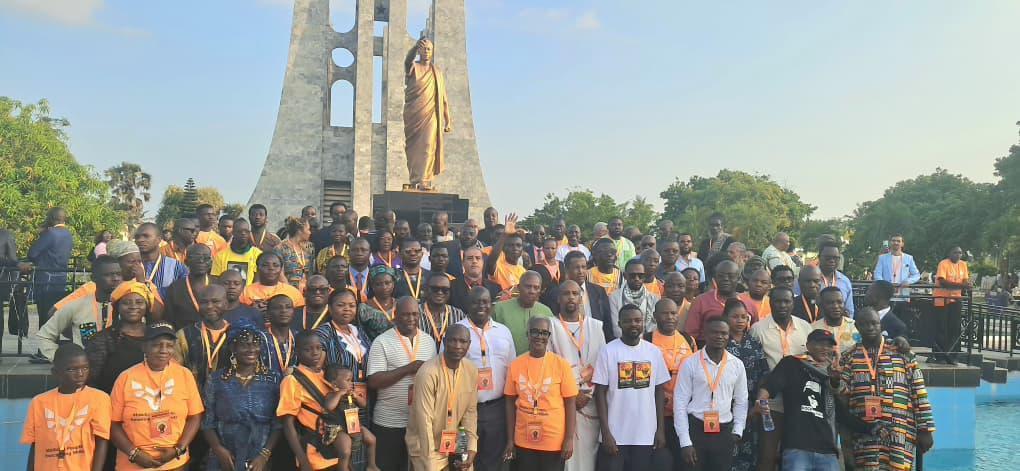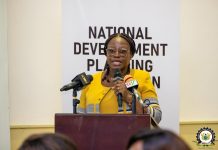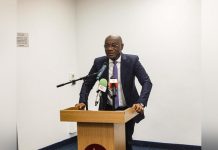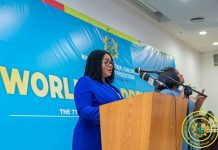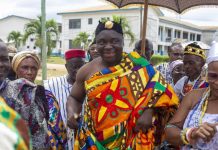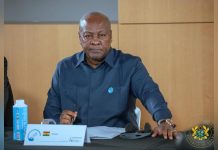Africa-Press – Ghana. African advocates have produced concrete strategies for holding former colonial powers accountable for centuries of exploitation, transforming longstanding moral claims into enforceable legal demands backed by continental unity at a landmark session on reparations and historical justice.
The high-level discussion brought together activists, scholars, political leaders, and legal experts committed to moving beyond philosophical debates toward practical implementation of Africa’s reparations agenda.
Dr. Fred M’membe, President of the Socialist Party of Zambia, speaking at the two-day forum held in Accra in commemoration of the 80th anniversary of the Fifth Pan-African Congress, said reparations must be treated as an urgent political and moral obligation rather than symbolic gesture.
He traced a direct line connecting the structural inequalities, debt burdens, and underdevelopment faced by African nations today to the “systematic looting, mass enslavement, and violent domination” that characterised colonial rule and continue to shape global economic relationships.
“Africa cannot advance while ignoring the historical theft that built global empires. wealth accumulated in European and American capitals was extracted directly from African land, resources, and enslaved peoples, creating a debt that compounds with every passing year,” he said.
Mr Kwesi Pratt Jnr., a veteran journalist and Pan-African advocate, delivering a comprehensive framework on moving the reparations conversation from moral argument to actionable steps said reparations should not be narrowly limited to monetary compensation.
Mr Pratt argued that reparations represented a broader process encompassing the restoration of African dignity, healing of intergenerational wounds, reaffirmation of African sovereignty over natural resources, and fundamental restructuring of global economic relationships that continue to disadvantage the continent.
The roadmap for reparation and justice included establishing a dedicated continental legal institution tasked with accurately assessing historical damages across multiple categories including stolen labour, extracted resources, destroyed infrastructure, and cultural artifacts held in foreign museums.
This proposed institution would coordinate expert examinations drawing on historical records, economic analysis, and legal scholarship to prepare ironclad claims for presentation before international courts.
He called for immediate creation of a unified African reparations Fund to coordinate continental efforts, pool resources for legal battles, receive payments, and ensure equitable distribution.
He also advocated customs duties on goods from former colonial powers including England, France, Belgium, Portugal, Germany, and the United States to generate revenue to fund reparations campaigns, apply economic pressure on nations refusing accountability, and begin correcting trade imbalances favouring former colonizers.
“These measures are essential if we are serious about correcting the crimes committed against our people… and the campaign must be unified, strategic, and uncompromising,” the Pan-Africanist said.
The delegates resolved to be united in the belief that reparations were not a distant dream but an achievable demand – one that Africa must continue to champion with clarity, courage, and solidarity until justice is secured.
For More News And Analysis About Ghana Follow Africa-Press


